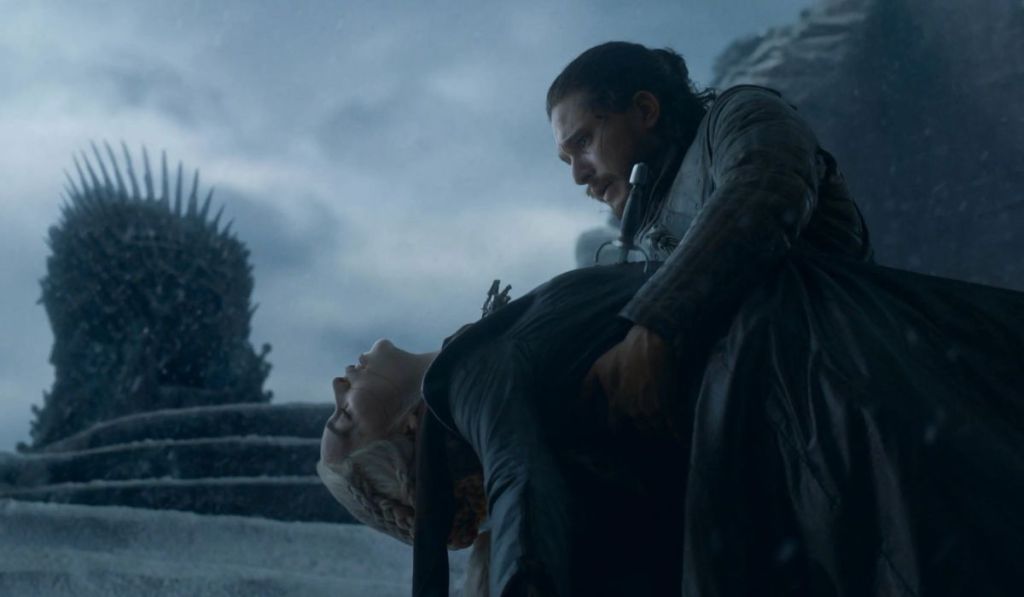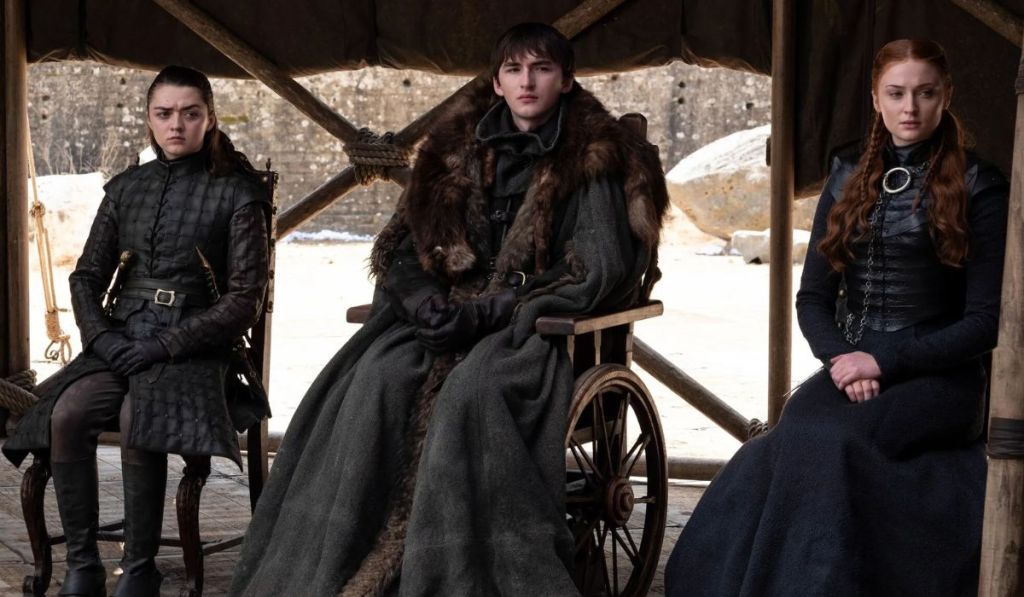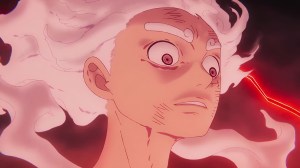Six years have passed since the end of Game of Thrones, and even today it’s remembered with a strong sense of bitterness. Not exactly as a prestigious TV milestone – which it was for a long time – but as one of the most controversial endings in pop culture. And we’re talking about a show that managed to bring together fans of fantasy, political drama, and epic battles, with a budget worthy of a blockbuster and a cast that was absolutely on point. Still, the feeling that stuck with a lot of people was disappointment. But honestly? I still think the ending itself wasn’t the real issue. Game of Thrones‘ biggest mistake was how it got there.
Videos by ComicBook.com
Out of the whole finale, Daenerys Targaryen’s fate was probably the most shocking to fans. And I get why. After years of being shown as a liberator, her sudden turn into a genocidal tyrant felt like a slap in the face. But if you take a step back and look at it, with the benefit of time, the choice to make her a villain actually makes sense within the logic of her character. The problem wasn’t the “what,” it was the “how.” Daenerys always showed flashes of authoritarianism. She crucified people without trials, burned enemies alive, swore she would “break the wheel” – but always under the idea that she knew what was best for the world. It’s a dangerous ideal, and Game of Thrones did show us that. What it didn’t do, though, was give us enough buildup for that turning point.
Daenerys’ Character Totally Changed Overnight

Daenerys’ transformation could’ve been incredible if it had been built up with the kind of care the show had in its earlier seasons. But when the showrunners decided to shorten the ending, the story rushed ahead like it was late to its own funeral. The result was a sudden sprint that made complex choices seem simple, or worse: unjustified. Missandei’s death, the growing isolation, the lack of trust from her allies – all of that could’ve been unpacked more carefully. Instead, everything happened at once, like the show was checking off boxes on a to-do list instead of actually crafting a tragic arc.
[RELATED: If Game of Thrones Changed This Moment, I Would Love the Final Season]
And that rush hit every character. Fan favorite Tyrion Lannister went from being a brilliant strategist to someone who just kept messing up. Jaime Lannister had one of the most well-done redemption arcs in TV, only to completely throw it away at the last minute. Jon Snow had his entire backstory reshaped with the reveal about his lineage, and that led absolutely nowhere. The choice of Bran as king? It might’ve worked if it had been better developed – especially since he basically vanished in the previous season. Everything felt like the show was just trying to wrap things up, whether it made sense or not. And that’s the real issue – not where the characters ended up, but how they got there.
The final choices could’ve been exactly the same and still landed well if they’d been given the same depth the earlier seasons had. But when the show dropped the complexity to race toward the end, it lost its soul along the way.
Game of Thrones Was All About Patient Storytelling, Until It Wasn’t

I remember how the first seasons really took their time showing the politics in King’s Landing, the dynamics between the families, and the personal struggles of each character. An entire episode could be just conversations – and we were hooked. That’s because Game of Thrones was never just about dragons and fights. It was about power, about the fallout of every decision, about how no one was ever fully a hero or a villain. And that started to fade, especially once they moved away from George R. R. Martin’s source material and leaned more into the writers’ own take.
That tone shift really kicked in after Season 6, but it was in the final two seasons that it became fatal. Without the books as a guide and clearly in a hurry to finish, the show got more shallow – and even more predictable. The shocking twists that used to be so carefully built up started to feel like cheap writing tricks. And fans, who had always been super engaged with the story, definitely noticed.
I remember seeing all the debates on Reddit at the time (and even now), especially about Daenerys. A lot of fans said something I totally agree with: her becoming a tyrant wasn’t bad writing in itself, but it was handled so quickly it came off as betrayal. Others pointed out how these layered characters got flattened into one-dimensional versions of themselves, just to serve the plot. The show that used to go against the grain ended in the safest, most conventional way possible – and that’s not a compliment. Game of Thrones always prided itself on being the opposite of predictable. It killed Ned Stark in season one, wiped out half the main cast at the Red Wedding, and made us root for a traumatized assassin and a snarky dwarf. But in the end, it lacked guts. Or time. Or both.

So when someone asks me if I hated the ending of Game of Thrones, my answer is: not exactly. I get what the showrunners were trying to do. The problem was how they did it. And that’s what’s so frustrating – because the potential was right there. If they had just given the story the time it deserved – maybe one more season, maybe just longer episodes (which is what Martin himself wanted) – the ending could’ve been remembered as epic and totally earned. Instead, it’s still a punchline six years later.
So, after all this time, the ending wasn’t the biggest sin of Game of Thrones. The real crime was walking away from what the show did best: telling deep, complicated stories, with flawed characters in a world where actions actually had weight. The saddest part is that, as groundbreaking as it was, it’s impossible to think of the series just for its legacy – there will always be that shared memory of how awful the last season felt, like it ruined everything that came before. But honestly, the fact that the ending hurt so much is because we still cared. Because even with all the screwups, the shortcuts, and the rush, it was still hard to say goodbye to that world. We still wanted it to matter. We still hoped for something worthy.
Maybe, deep down, that says more about how powerful the show was than about where it messed up. A story only lets you down that hard when it completely had you first. What a shame.








